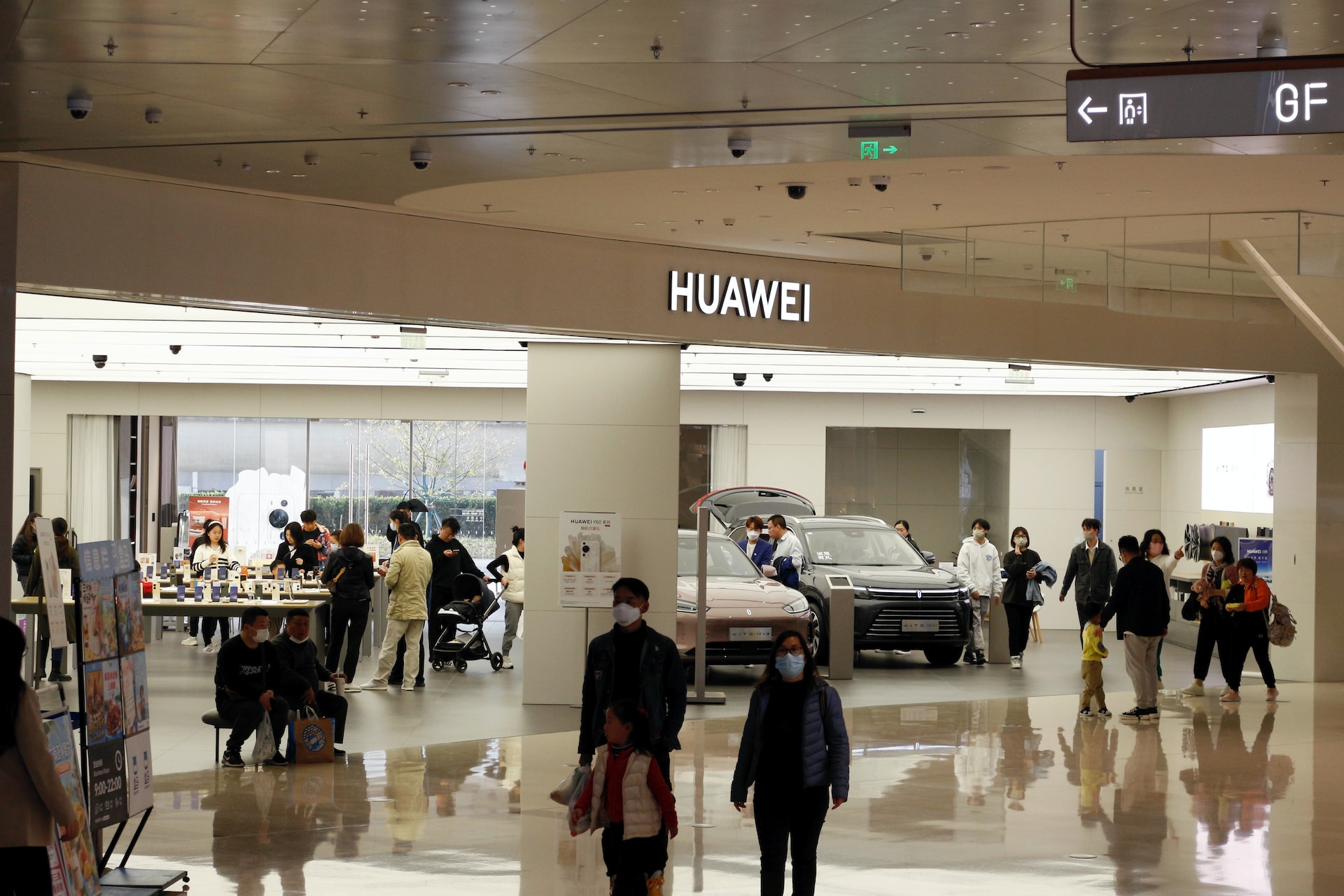Introduction
In a recent revelation by Nikkei, the tech industry has been shaken by the news of Huawei, the Chinese telecommunications giant, allegedly demanding royalties from multiple Japanese companies. This contentious move has ignited a patent dispute, sparking controversy and raising concerns about intellectual property rights. In this comprehensive article, we will delve into the details of this royalty row, explore the implications it holds for the involved parties, and shed light on the broader landscape of intellectual property disputes in the modern business world.
Unveiling the Dispute
The ongoing dispute between Huawei and the Japanese companies stems from a fundamental disagreement over the utilization of patented technologies. Huawei, a prominent player in the telecommunications sector, holds an extensive portfolio of patents. According to the Nikkei report, Huawei claims that several Japanese companies have been using its patented technologies without acquiring proper licensing agreements or providing the requisite royalty payments.
Huawei’s Standpoint and Demands
From Huawei’s perspective, the demand for royalties is a direct assertion of their intellectual property rights and a call for fair compensation for their technological innovations. As a company known for its significant investments in research and development, Huawei believes that its patented technologies have played a pivotal role in advancing the telecommunications industry. By seeking royalties, Huawei aims to protect its intellectual property and ensure that its contributions receive appropriate recognition and remuneration.
The Response from Japanese Companies
The Japanese companies accused by Huawei have yet to issue an official response to these allegations. However, it is expected that they will contest Huawei’s demands and present their own arguments to challenge the accusations. Resolving intellectual property disputes of this nature often involves intricate legal proceedings and negotiations, requiring a thorough examination of patent portfolios and licensing agreements.
Implications for the Tech Industry
This royalty row between Huawei and the Japanese companies carries significant implications for the tech industry, impacting innovation, competition, and the fair utilization of intellectual property. If Huawei’s demands are met, it could set a precedent for other technology companies to more assertively assert their patent rights, potentially leading to an upsurge in litigation and complicating collaborative efforts within the industry. Conversely, if the Japanese companies successfully defend themselves against the allegations, it could cast doubt on the validity and enforceability of Huawei’s patents.
Understanding Intellectual Property Rights
The dispute between Huawei and the Japanese companies highlights the complex landscape of intellectual property rights in the global business environment. Intellectual property, encompassing patents, trademarks, and copyrights, plays a vital role in fostering innovation and protecting the rights of inventors and creators. However, navigating the intricacies of intellectual property rights can be challenging, particularly in an interconnected world where ideas and technologies traverse international boundaries.
The Role of Licensing and Royalties
Licensing agreements and royalties serve as essential mechanisms for ensuring the proper utilization and compensation of intellectual property. Patent holders, such as Huawei, often engage in licensing agreements with other companies, granting them permission to use their patented technologies in exchange for royalty payments. These agreements establish a framework for fair compensation and mutually beneficial relationships between innovators and users of intellectual property.
Striking a Balance: Innovation and Collaboration
While protecting intellectual property rights is crucial, it is equally important to strike a balance that fosters innovation and collaboration. In the tech industry, companies frequently engage in cross-licensing agreements, where they exchange patents and grant each other permission to utilize specific technologies. Such collaborative endeavors promote progress and drive the industry forward, benefiting consumers and society as a whole.
The Role of Regulatory Bodies
Intellectual property disputes require the involvement of regulatory bodies and legal frameworks to ensure fair resolution. Organizations like the World Intellectual Property Organization (WIPO) and national patent offices play a critical role in establishing guidelines and facilitating the protection of intellectual property rights. They act as arbitrators in disputes, overseeing negotiations and upholding principles of fairness and equity.
Conclusion
The Huawei royalty row with the Japanese companies has ignited a significant controversy in the tech industry, raising pertinent questions about intellectual property rights. As the dispute unfolds, it will have lasting implications for innovation, competition, and the enforcement of patent rights. In this evolving landscape, it is essential for companies to navigate intellectual property challenges diligently, respecting the rights of innovators while fostering an environment that encourages collaboration and advancements for the benefit of society as a whole.











